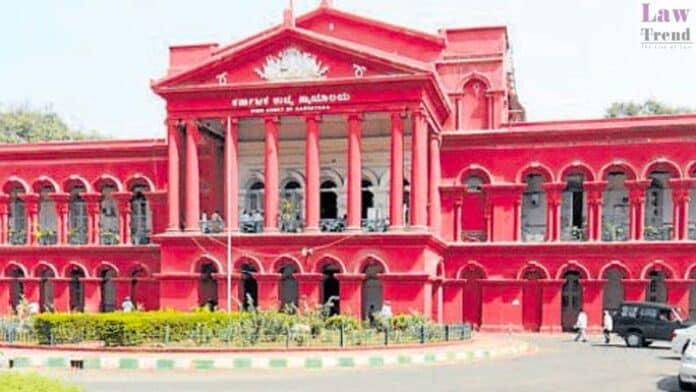On Wednesday, the Karnataka government stood firm in its defense of Kambala, the traditional buffalo race held on slush tracks, against a petition by People for the Ethical Treatment of Animals (PETA) India. The state government argued before the Karnataka High Court that Kambala represents the cultural heritage of the entire state, countering PETA’s claims that the event should be restricted.
Advocate General Shashi Kiran Shetty presented the state’s position, stating that Kambala is a cultural staple not just in its traditional locales of Udupi and Dakshina Kannada but has the potential to be celebrated nationwide. He drew comparisons to horse racing, emphasizing that the primary concern for such events should be the welfare of the animals involved rather than geographic restrictions.
The government also clarified misinformation regarding the scheduling of a Kambala event in Bengaluru, confirming that no race was planned for October 26 and that approvals for a proposed event in November were still pending.
In the court session presided over by Chief Justice N.V. Anjaria and Justice K.V. Aravind, the next hearing was set for November 5. The court directed the state to provide advance notice if permission for the event is granted, enabling PETA to take further legal action if necessary.
PETA’s petition argues that the expansion of Kambala to urban areas like Bengaluru is driven by commercial rather than cultural interests and insists on enforcing the Prevention of Cruelty to Animals Act, 1960. The organization also requested that the event be confined to its traditional rural settings.
Despite these challenges, the Karnataka government maintains that Kambala is a well-regulated celebration of heritage that involves communities across the state. It highlighted the event’s deep roots in local traditions, often beginning with rituals at the Manjunatha Temple in Kadri, Mangalore, and featuring races that are integral to the cultural fabric of the farming communities in the region.




